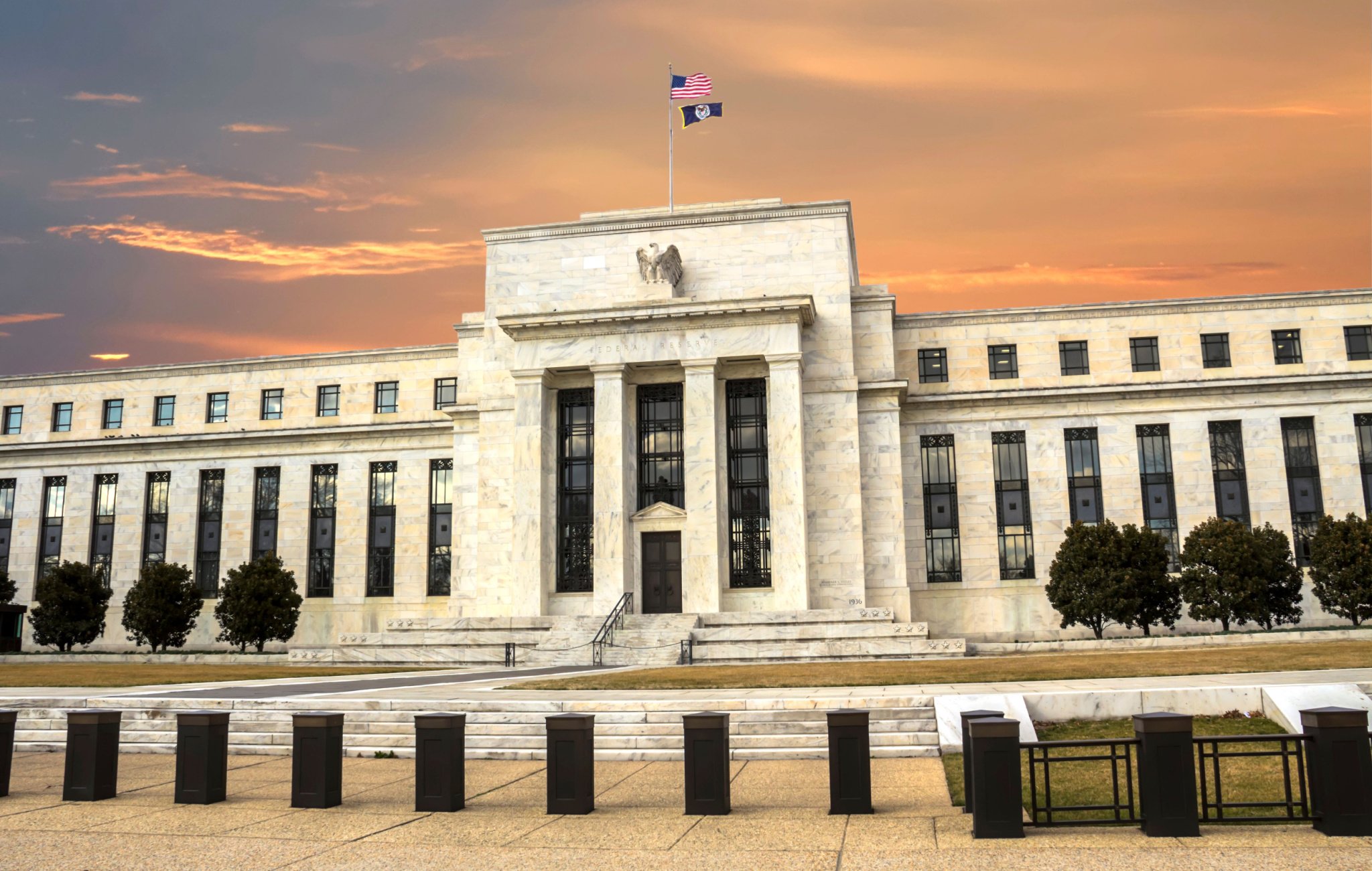Government
|
A Tale of Two Realities
“The media’s incentive is to tell us the portion of the truth that is entertaining. And what we have demonstrated by our behavior is that bad news entertains us.” ~ Antony Davies
|
An Economics Pop Quiz
“Here’s a pop quiz. Some questions are conceptual, others ask about particular facts. The correct answers are supplied at the end. (But don’t cheat by peeking beforehand at the answers!) Good luck!” ~ Donald J. Boudreaux
|
What’s Up (and Down) With the Economy?
“I would keep my eye on the LEI (and AIER’s equivalent) but pay special attention to the manufacturing variables. Outside of the LEI, I would also carefully watch real wage trends and its downstream knockoffs (credit card and other debt and defaults, and the personal savings rate).” ~ Robert E. Wright
|
Joblessness and the Fed
“Without a symmetric response to deviations from the target, the Fed’s so-called average inflation target will not produce 2 percent inflation on average. Instead, it will tend to produce inflation that exceeds 2 percent. That’s a far cry from price stability.” ~ Alexander William Salter
|
A Canadian Lesson About School Choice and Its Potential To Reduce Socioeconomic Disparities in the United States
“The long-documented black/white differences in returns from schooling, which are similar to those observed between French and English speakers in Quebec pre-1940, could begin to recede.” ~ Vincent Geloso
|
The “New Study Finds” Approach to Overregulation
“The distinction between correlation and causation is not important to those who want to expand governmental power. An aggressive bureaucracy needs only an affectation of justification for a regulation or ban already in the works.” ~ Jon Sanders
|
Why “Disincentive Deserts” Matter Far More Than Benefits Cliffs
“Benefits cliffs certainly remain an important area of policy study, but we should pay more attention to creatively solving the problems of disincentive deserts, since they exist for such long and dispiriting spans of workers’ income journey.” ~ Craig J. Richardson
|
The Diversity Dodge
“Denying colleges and universities the right to base admission and hiring decisions on race, religion, sex, and ethnicity is not some fundamental moral requirement, but a necessary prophylactic against the temptation to advance the interests of socially favored groups over those of others.” ~ John Hasnas
|
Will Federal Spending Be Brought Under Control?
“Will Congress actually cut spending? History suggests not. Economic historian Robert Higgs invented the term ‘ratchet effect’ to describe the way that government growth after a crisis tends to be locked in: the size of government never retreats to what it was before the crisis.” ~ Jason Sorens
|
Reimagining Fusionism
“The primary significance for any revitalization of fusionism in our time may well be that of reminding classical liberals and conservatives what is at stake by pointing to principles that many in both camps consider to be important truths that matter if America’s experiment in ordered liberty is to endure.” ~ Samuel Gregg
|
Lust for Power is More Dangerous Than Climate Claims
“In the face of growing regulatory risks to our preferred ways of life, the least we can do is see the perpetual crisis narratives for what they are: a tool to legitimize dangerous increases in the size and scope of government.” ~ David Waugh











